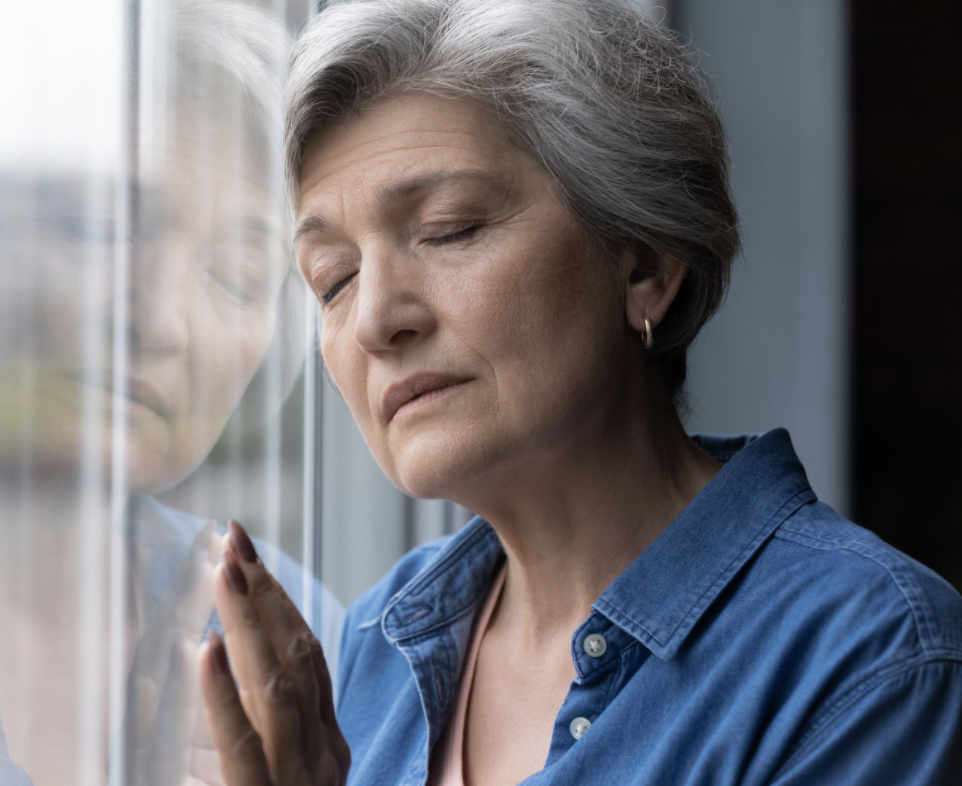Out of Sorts: Paying Attention To Mental Health As You Age
November 17, 2021

While it may be a taboo subject, it’s a central aspect of your health as you age: your psychological and emotional well-being are as vital to healthy aging as your physical maintenance. And of course, they’re often connected. As we’ve cited in previous posts and helpful resources, the things that keep you physically healthy- such as exercise, diet, sleep, and social engagement- are critical for your mental and psychological health as well.
Of course, the last couple of years have tested the mental health of so many. With tragic numbers of people facing grief, loss, isolation, and depression as a result of the pandemic, it’s a wonder that any of us are functioning well at this point. While we’ve previously touched on the topic of mental health therapy for older adults, a new survey suggests that among older adults, therapy continues to carry a stigma and that fewer than 10% of older adults would seek out a therapist in times of trouble. According to the CDC, estimates are that under “normal” circumstances, 20% of people aged 55 years or older experience some type of mental health concern. The most common conditions include anxiety, severe cognitive impairment, and mood disorders (such as depression or bipolar disorder). That’s a significant number of older adults who may be suffering, and given the reluctance of many to seek out therapy, there are both public health implications as well as an array of chronic health concerns that become more likely with mental health declines, including cardiovascular problems, high blood pressure, suicide risk, and cognitive decline. The Washington Post recently ran a valuable article on how older people can bolster or improve their mental health. Among the recommendations were engaging in a positive life review, finding sources of meaning in your current life, and accepting the reality of new limitations while reorienting yourself toward things you can still accomplish. As one expert exclaimed, “One of the best predictors of successful aging is the ability to disengage from unattainable goals.”
Perhaps it’s no surprise that experts and emerging research also underscore the importance of exercise in addressing the mental health of older adults. For example, a recent study undertaken by Kaiser Permanente of over 20,000 people during COVID found that physical activity and being outdoors correlated with levels of depression and anxiety. This study was published in Preventive Medicine and found that those who exercise more, especially outdoors, experience less depression and anxiety than those who do not. Another recent study of hundreds of thousands of Swedish skiers found that a physically active lifestyle substantially lowers the risk of developing anxiety later in life. And finally, once again looking at physical activity and mental health during the pandemic, researchers from Iowa State University examined how inactivity during the pandemic affected the way people think, feel, and see the world. Published in the International Journal of Environmental Research, this study found that increased sitting during the pandemic led to increases in depression, anxiety, and loneliness but that once this inactivity resolved and people again became more active, their mental health improved. National Public Radio also reported on this study and provided recommendations of how to incorporate small workouts in your daily routine in order to improve your mental well-being. To find out more, get ready to do a few squats and click here.







